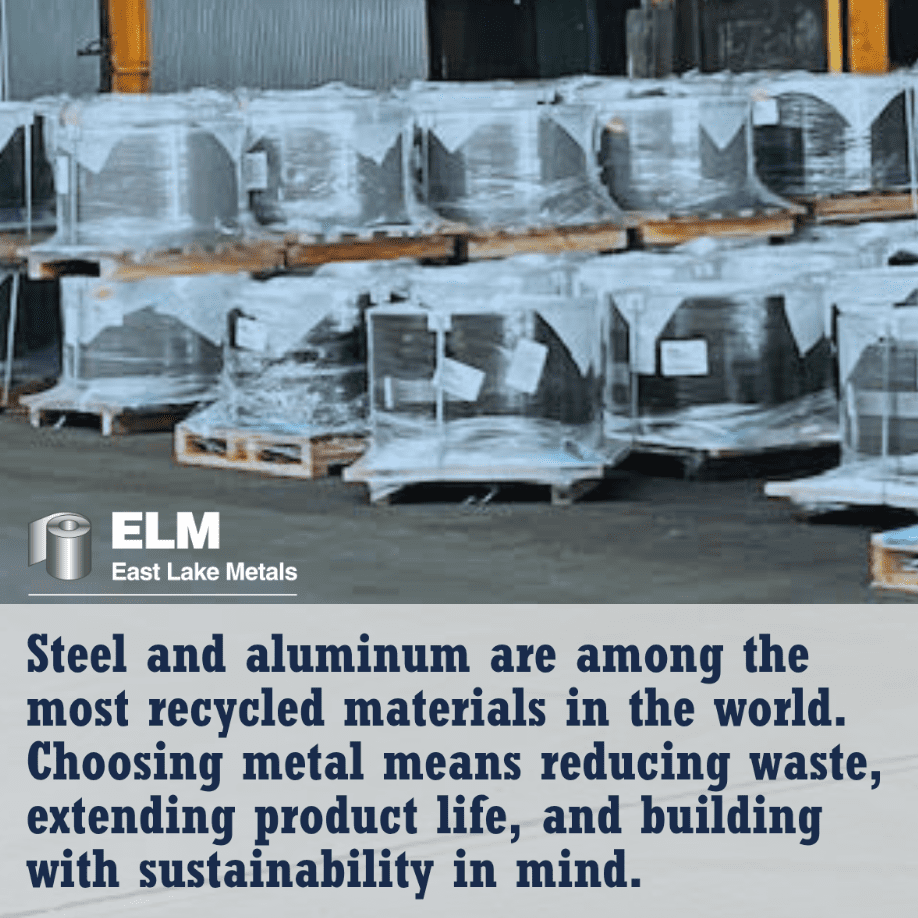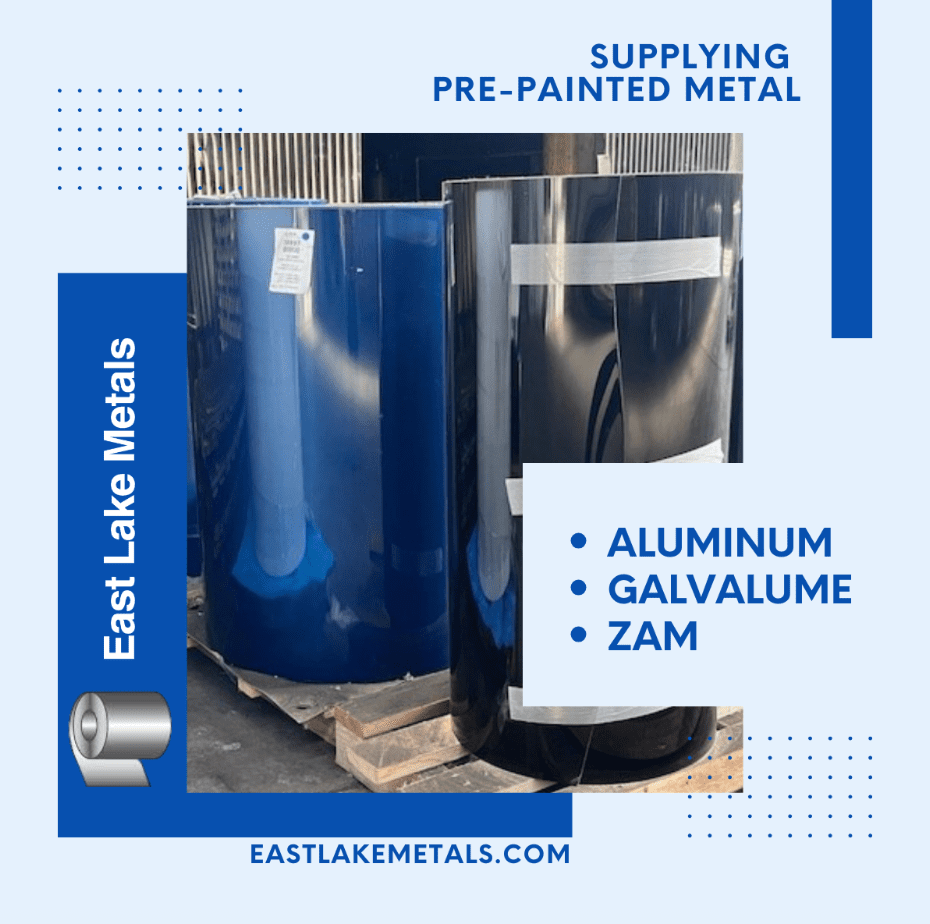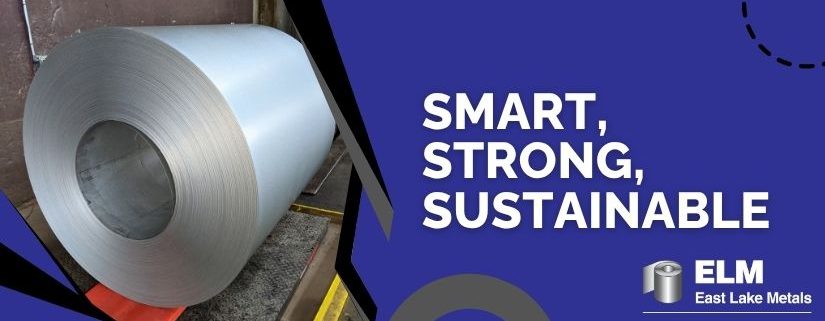Sustainable Building Solutions with Recyclable Aluminum Products
Sustainability is no longer an optional consideration in construction; it is a fundamental principle shaping modern building practices. Every material choice can have a significant impact on energy efficiency, maintenance costs, and environmental footprint. Among the many sustainable options available, recyclable aluminum products stand out as a versatile, durable, and environmentally responsible choice for builders, architects, and property owners alike. By understanding the benefits of recyclable aluminum products, you can design buildings that are both sustainable and high-performing.
Why Recyclable Aluminum is an Excellent Choice
Aluminum is unique among building materials because it can be recycled indefinitely without losing strength or integrity. This means that once an aluminum roof, cladding, or structural component reaches the end of its service life, it can be melted down and transformed into new products with minimal energy input. Compared to producing primary aluminum from raw materials, recycling aluminum requires approximately 95 percent less energy. This makes aluminum a resource-efficient material that supports circular economy practices, reducing waste and lowering the carbon footprint of construction projects.
Beyond its recyclability, aluminum offers multiple performance advantages. It is lightweight yet strong, corrosion-resistant, and highly adaptable for different applications. Its long lifespan reduces the frequency of replacement and maintenance, which further minimizes the environmental impact of buildings over time. These factors make aluminum a practical and strategic choice for builders seeking sustainable solutions while maintaining long-term value.

Applications of Recyclable Aluminum Products in Construction
Recyclable aluminum products are highly versatile and can be incorporated into many aspects of a building project. Their adaptability makes them ideal for residential, commercial, and industrial structures. Key applications include:
- Roofing: Aluminum roofing panels provide durability, corrosion resistance, and energy efficiency. They are lightweight, easy to install, and can be coated or finished in a wide range of colors and styles, making them suitable for both modern and traditional architectural designs. Aluminum’s reflective properties can help reduce heat absorption, improving energy efficiency and lowering cooling costs.
- Cladding and Facades: Aluminum cladding is increasingly popular for building exteriors. It allows architects to create sleek, modern designs while ensuring durability in harsh weather conditions. The material’s flexibility makes it possible to craft curved or angular surfaces, textured finishes, or perforated panels that balance aesthetics with performance.
- Structural Components: Aluminum is used in window frames, curtain walls, sunshades, and other structural elements. Its combination of strength and light weight makes it ideal for reducing load without compromising durability. Aluminum components are also highly corrosion-resistant, reducing the need for ongoing maintenance.
- Specialized Elements: Recyclable aluminum products are often used in roofing trims, flashing, gutters, and downspouts. These components benefit from aluminum’s ability to resist corrosion and endure extreme weather conditions, further enhancing the longevity of the building envelope.
The versatility of aluminum ensures it can meet diverse design and performance goals while supporting sustainable building practices.
Environmental and Energy Benefits of Aluminum
Recyclable aluminum products contribute significantly to sustainable building and energy efficiency. Some of the key benefits include:
- Energy Efficiency: Aluminum’s reflective surfaces reduce heat absorption, which can help keep interior spaces cooler in hot climates. When paired with insulation or energy-efficient building techniques, aluminum roofing and cladding contribute to lower energy use and reduced utility bills.
- Reduced Carbon Footprint: Using recycled aluminum drastically cuts greenhouse gas emissions compared to primary aluminum production. This reduction supports environmentally responsible construction practices and can contribute to green building certifications such as LEED and ENERGY STAR.
- Waste Reduction: Aluminum’s recyclability ensures that materials are kept in use rather than being sent to landfills. At the end of a building’s lifecycle, aluminum components can be repurposed or recycled, closing the loop and promoting a circular economy.
- Longevity: Aluminum’s durability reduces the frequency of replacement and maintenance activities. Fewer replacements mean fewer raw materials used over time, fewer transportation emissions, and less waste generated from old building materials.
Design Flexibility and Aesthetic Advantages
One of the primary reasons builders and architects choose aluminum is its design flexibility. Recyclable aluminum products can be manufactured in various finishes, textures, and colors to meet the aesthetic goals of nearly any project. Some of the benefits of aluminum’s versatility include:
- Wide Range of Finishes: Aluminum can be painted or coated to provide a high-quality finish that resists fading, corrosion, and wear. PVDF coatings are often applied to enhance durability and aesthetic appeal.
- Architectural Adaptability: Aluminum can be formed into flat panels, corrugated sheets, or curved shapes. This flexibility makes it ideal for facades, decorative elements, and specialty roofing projects.
- Consistency and Quality: Factory-finished aluminum panels offer consistent color, thickness, and finish quality. This precision ensures a uniform appearance across the entire building while reducing installation challenges on the job site.
- Customization: Aluminum can be tailored to specific project needs, including panel size, thickness, and finish. Customization ensures the material meets both functional and design specifications without sacrificing sustainability.

Economic Advantages of Using Aluminum
Beyond environmental and design benefits, recyclable aluminum products provide economic advantages for property owners and builders. These benefits include:
- Reduced Maintenance Costs: Aluminum’s natural corrosion resistance and durability minimize the need for frequent maintenance or repairs. Property owners can save money over the life of the building by reducing upkeep costs.
- Longevity and Lifecycle Value: Aluminum’s long service life, often exceeding 50 years, ensures that buildings retain their structural integrity and appearance for decades. This long lifespan translates into a higher return on investment and lower total cost of ownership.
- Ease of Installation: Aluminum is lightweight, which reduces transportation costs and simplifies installation. Faster installation times can shorten project schedules and reduce labor expenses, improving overall project efficiency.
- Marketability: Buildings that incorporate sustainable materials like recyclable aluminum products are increasingly attractive to tenants, buyers, and investors. Highlighting the use of eco-friendly materials can enhance market appeal and support premium pricing.
Sustainability Certifications and Green Building Goals
Incorporating recyclable aluminum products into construction projects can help meet sustainability targets and green building certifications. Aluminum’s recyclability and low environmental impact make it an ideal choice for projects seeking recognition for environmental responsibility. Certifications and benefits include:
- LEED Certification: Aluminum contributes points toward LEED certification through recycled content, durability, and energy efficiency. Choosing aluminum products with high recycled content can enhance a building’s LEED score.
- Energy Star Compliance: Aluminum roofing products with reflective finishes can help buildings achieve ENERGY STAR compliance by reducing heat absorption and improving energy efficiency.
- Green Building Recognition: Using aluminum demonstrates a commitment to sustainable practices, which is increasingly important to environmentally conscious clients, tenants, and investors.
Practical Tips for Integrating Recyclable Aluminum Products
To maximize the benefits of aluminum in your building project, consider these practical tips:
- Select Appropriate Finishes: Choose coatings or finishes that enhance durability, protect against corrosion, and improve aesthetics. PVDF or powder-coated finishes provide long-lasting performance.
- Plan for Lifecycle Maintenance: Aluminum requires minimal maintenance, but periodic inspections ensure optimal performance. Simple cleaning and addressing minor damage promptly can extend its service life.
- Work with Experienced Suppliers: Partner with suppliers who understand aluminum products and their applications. Expert guidance can help you select the right panels, finishes, and installation methods for your project.
- Combine with Energy-Efficient Design: Integrate aluminum roofing and cladding with insulation, ventilation, and other energy-efficient building practices to maximize sustainability and reduce operating costs.
Long-Term Impact of Choosing Recyclable Aluminum Products
The decision to use recyclable aluminum products has lasting impacts on the environment, the building’s performance, and the bottom line. These materials support a circular economy, reduce reliance on raw resources, and contribute to energy-efficient building operations. Buildings constructed with aluminum benefit from a reduced environmental footprint thanks to lower emissions and waste. They also enjoy enhanced energy efficiency due to reflective finishes and the lightweight nature of the material. Over the long term, property owners can realize cost savings through aluminum’s durability and minimal maintenance requirements. Additionally, aluminum offers flexible design options that meet both aesthetic and functional goals. Incorporating these materials can also improve market perception by demonstrating a commitment to sustainability and aligning with broader green building initiatives.
The Lasting Impact of Sustainable Aluminum
Recyclable aluminum products offer a comprehensive solution for builders, architects, and property owners seeking sustainable, durable, and versatile materials. Their combination of recyclability, performance, and design flexibility makes them an ideal choice for modern construction projects. Aluminum supports energy efficiency, reduces environmental impact, and provides long-lasting value that aligns with the growing demand for green building practices.
Selecting recyclable aluminum products ensures that your building is not only functional and visually appealing but also environmentally responsible. By incorporating these materials, you can achieve sustainability goals, reduce operational costs, and create structures that stand the test of time.
Contact East Lake Metals today to discuss your next project and learn how recyclable aluminum products can deliver long-term performance, aesthetic appeal, and environmental responsibility for your building. With expert guidance, you can make material choices that benefit both your project and the planet.




